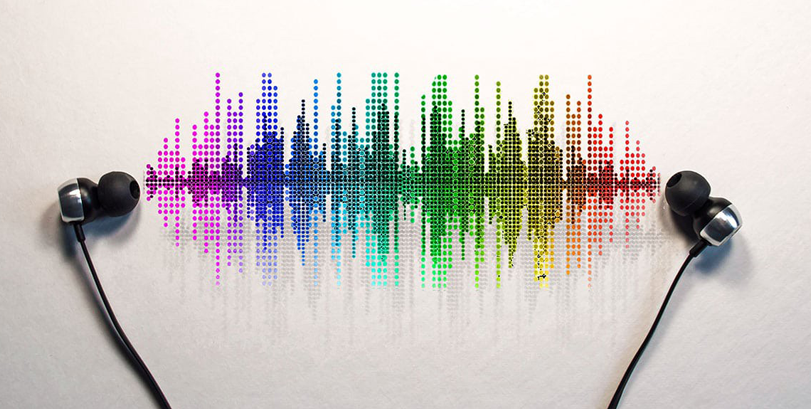Philips – Compression of Data #SWI2002
Philips Natlab is looking for new ways to compress audio-signals.
Situation
A new method for the digital representation of high-quality audio signals has been introduced as an alternative to the widely used 16-bit recording format used for CD signals. This new method [3] produces 1-bit samples at a rate that typically is 64 times higher as for CD. For CD the samples are generated at a rate of 44.1 kHz.
The new method results in a raw audio data volume which is 4 times as large as for ordinary CD signals. New storage media provide a huge storage capacity, nevertheless, it is beneficial to reduce the required storage capacity. Since the new format is intended for high-quality audio signals, popular compression techniques that do change the signals, lossy coding, are unacceptable. This opens up a whole new research area of lossless coding of 1-bit audio signals.
Currently, two main methods have been developed for the lossless coding of such 1-bit audio streams [1, 2]. The first, low complexity, scheme uses an adaptive prediction table with run-length residual signal coding. The latter, more elaborate, scheme uses linear prediction with arithmetic coding of the residual signal. In combination with buffering techniques, the methods realize typical average coding gains of 1.3 and 2.1, respectively.
Question
Can we make compression methods that do better?
To evaluate new proposals, a few short excerpts of 1-bit audio signals will be made available, together with the coding gains achieved with the methods mentioned above.
References
[1] F. Bruekers, W. Oomen, R. van der Vleuten, and L. van de Kerkhof. Lossless coding of 1-bit audio signals. AES 8th Regional Convention, Tokyo, Japan, 1997.
[2] F. Bruekers, W. Oomen, R. van der Vleuten, and L. van de Kerkhof. Improved lossless coding of 1-bit audio signals. AES 103rd Convention, New York, 1997.
[3] J. C. Candy and G. C. Temes, editors. Oversampling Delta-Sigma Data Converters: Theory, Design, and Simulation. IEEE, 1992.

